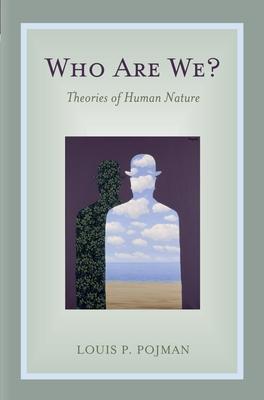
In Who Are We? Theories of Human Nature, esteemed author Louis P. Pojman seeks to find answers to these questions by exploring major theories in Western philosophy and religion, along with several traditions in Eastern thought. The most comprehensive work of its kind, the volume opens with chapters on the Hebrew/Christian view of human nature and the contrasting classical Greek theories, outlining a dichotomy between faith and reason that loosely frames the rest of the book. The following chapters cover the medieval view, Hindu and Buddhist perspectives, conservative and liberal theories, Kant's Copernican revolution, Schopenhauer's pessimistic idealism, and Karl Marx's theory. Freud's psychoanalytic view, the existentialist perspective, the Darwinian view, and scientific materialism are also discussed. Pojman concludes with a discussion of the question of free will, ultimately asserting that each one of us must decide for ourselves who and what we are, and, based on that answer, how we shall live.
In Who Are We? Theories of Human Nature, esteemed author Louis P. Pojman seeks to find answers to these questions by exploring major theories in Western philosophy and religion, along with several traditions in Eastern thought. The most comprehensive work of its kind, the volume opens with chapters on the Hebrew/Christian view of human nature and the contrasting classical Greek theories, outlining a dichotomy between faith and reason that loosely frames the rest of the book. The following chapters cover the medieval view, Hindu and Buddhist perspectives, conservative and liberal theories, Kant's Copernican revolution, Schopenhauer's pessimistic idealism, and Karl Marx's theory. Freud's psychoanalytic view, the existentialist perspective, the Darwinian view, and scientific materialism are also discussed. Pojman concludes with a discussion of the question of free will, ultimately asserting that each one of us must decide for ourselves who and what we are, and, based on that answer, how we shall live.
Paperback
$107.77